Nutritionist Nguyen Thu Ha, Nam Sai Gon International General Hospital, said that salt is an indispensable spice in every meal. Salt is often used to add flavor to dishes or as a food preservative.
In daily life, salt is lost through the body's excretory mechanisms such as sweating, going to the toilet, crying, etc. Therefore, we often compensate for the amount of salt in the body through food and dishes.
However, when providing salt to the body, many people have the habit of eating salty foods, adding salt and spices to food when processing, cooking, and when dipping, mixing, and using in meals, leading to excess salt for the body.
'Burden' on the kidneys when eating salty food
Although salt is essential for the body, eating too much salt can cause serious harm to one's health, especially kidney failure. The habit of eating salty foods will cause sodium to accumulate over time, beyond the kidneys' ability to eliminate it.
"Eating too much salt causes the body to absorb more water due to thirst, leading to increased blood circulation to the glomeruli, forcing the kidneys to work harder to filter blood, which in the long run will cause kidney function to decline, also known as kidney failure," Dr. Ha analyzed.
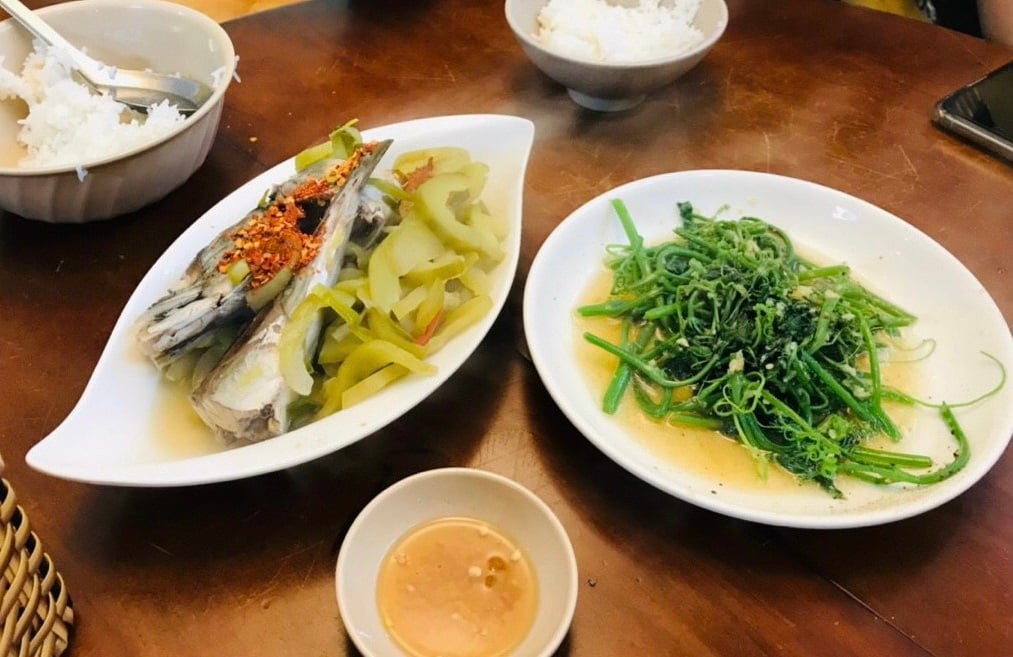
The habit of seasoning food with lots of spices before and during cooking and dipping it in fish sauce during meals causes excess salt intake.
Consuming too much salt not only affects kidney function but also causes a number of health problems such as high blood pressure, leading to stroke, heart attack and many other cardiovascular diseases.
"Consuming too much salt can lead to water retention in the body, causing edema. Salt can cause the kidneys to retain fluid, leading to water retention or edema. This retention occurs because the kidneys sense that the body needs more fluid to compensate for the reduced blood flow. In addition, high sodium consumption can lead to electrolyte imbalance, another cause of edema," said Dr. Ha.
Ways to cut down on salt intake
Doctor Ha said that when we talk about eating too much salt, it is understood to mean all kinds of spices and foods that contain a lot of sodium, not just table salt, for example, seasoning powder, fish sauce, dipping sauce, soy sauce, fermented bean curd, pickled cucumbers and eggplants, dried fish, prepackaged foods that contain a lot of salt...
According to the World Health Organization (WHO), each adult should only eat less than 5 grams of salt/person/day to protect their health. Currently, Vietnamese people are eating about 8.1 grams of salt/day, mainly from spices used in cooking.
Therefore, to prevent kidney failure, we should reduce the amount of salt in each meal by:
Limit the use of too much salt, spices, seasoning powder, and fish sauce when preparing, marinating, and cooking dishes.
Change dishes like steaming or boiling instead of braised, stir-fried, or grilled dishes that require lots of salty spices.
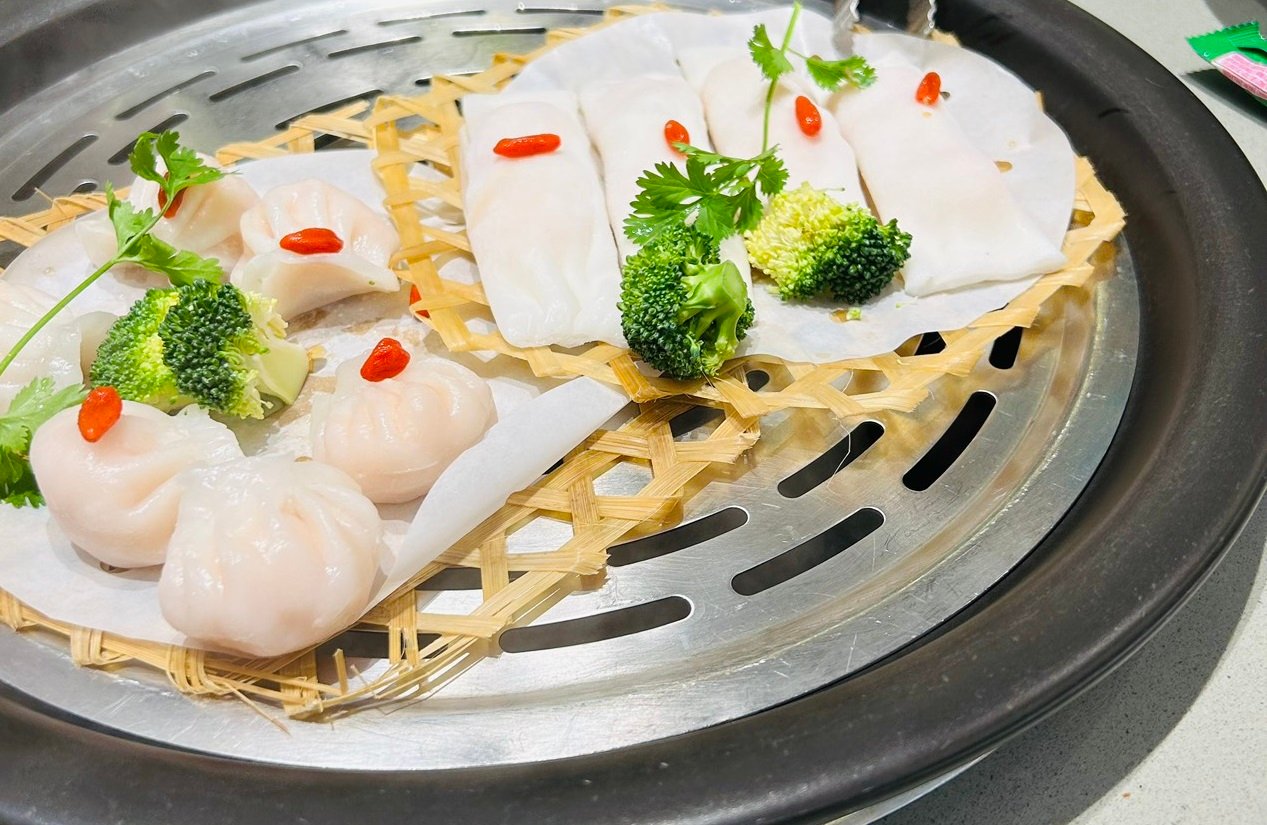
You should change dishes such as steamed and boiled dishes instead of braised, stir-fried, and grilled dishes that need to be marinated with a lot of salty spices.
Use other flavors when preparing food such as onion, garlic, ginger, pepper, lemon... to increase the deliciousness of bland dishes.
Reduce dipping sauce, salt and pepper, chili salt, shrimp salt when eating or dilute dipping sauce to limit the amount of salt in the diet.
Limit the use of processed foods high in salt: pickles, sausages, ham, sausages, bacon, etc.
Source link






![[Photo] Prime Minister Pham Minh Chinh chairs the second meeting of the Steering Committee on private economic development.](https://vphoto.vietnam.vn/thumb/1200x675/vietnam/resource/IMAGE/2025/11/01/1762006716873_dsc-9145-jpg.webp)

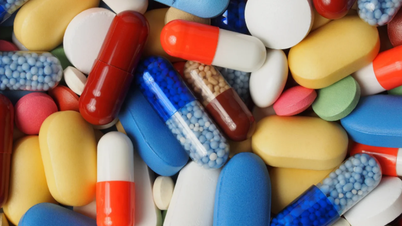









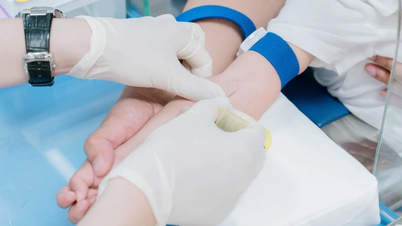











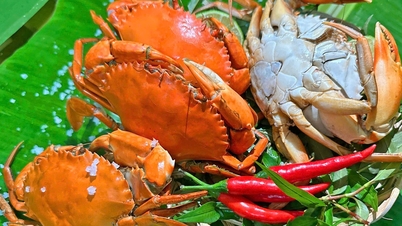



































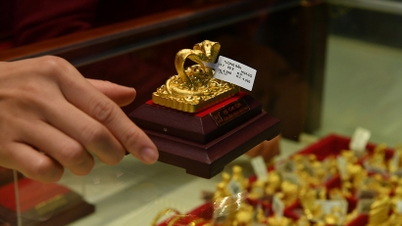






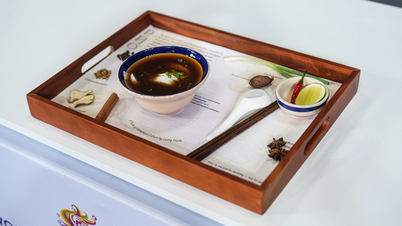
















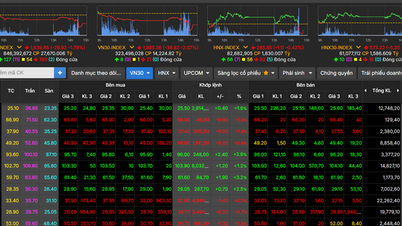

















Comment (0)